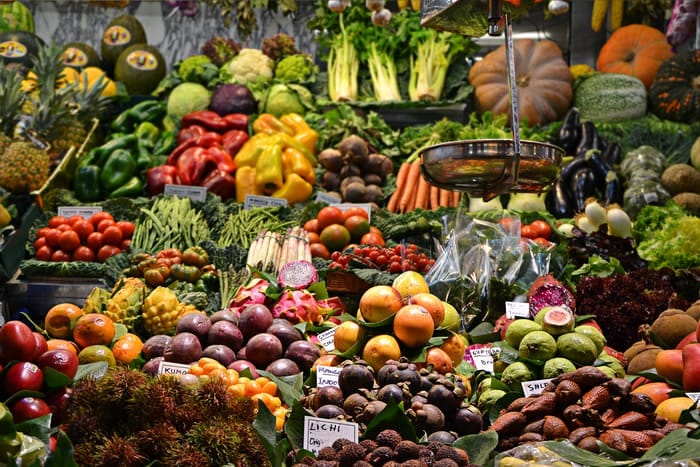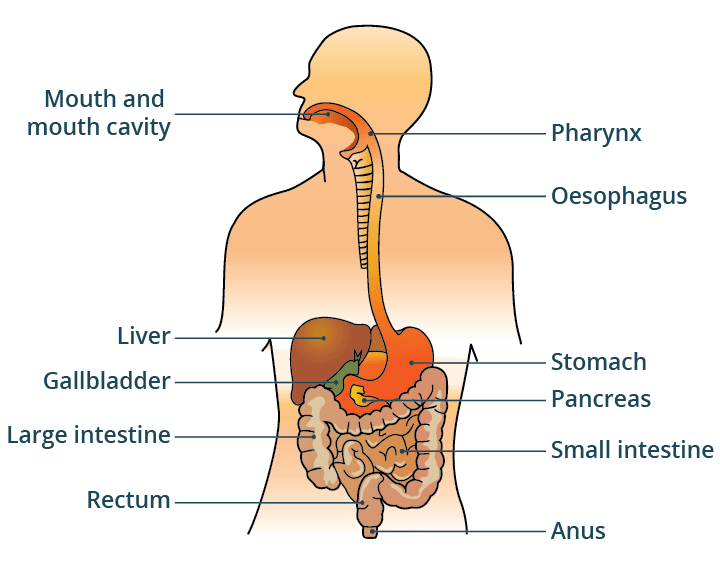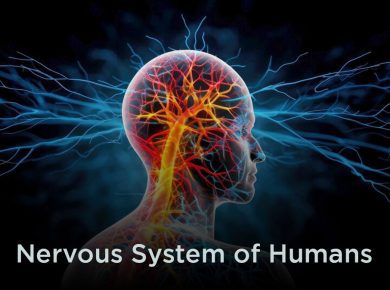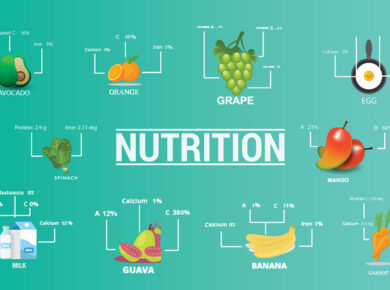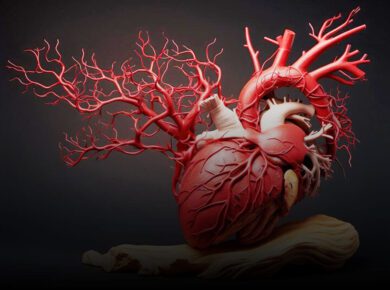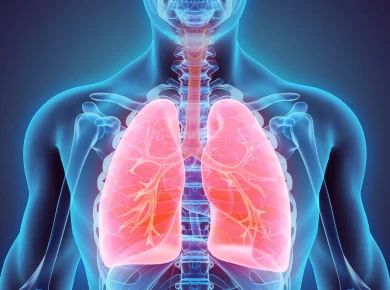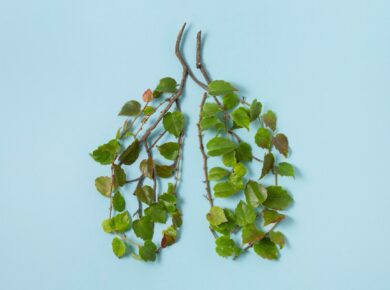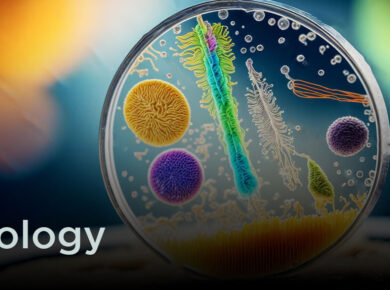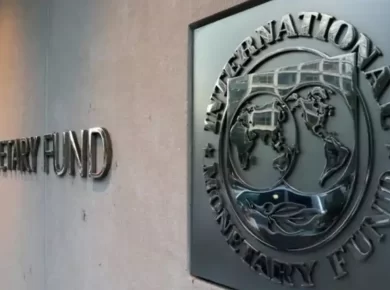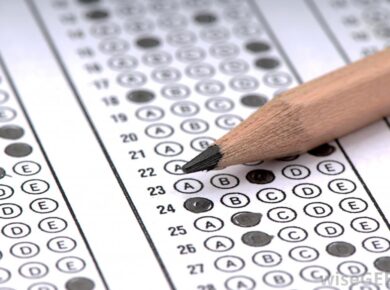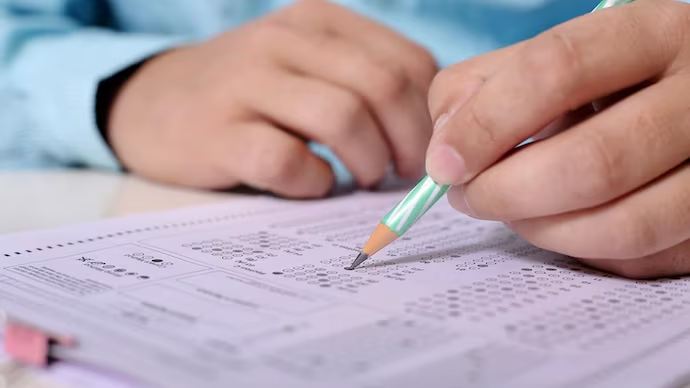Introduction of Nutrition and Digestive System
Nutrition (also called Nourishment or aliment) is the provision, to cells and organisms, of the materials necessary (in the form of food) to support life. Many common health problems can be prevented or alleviated with a healthy diet.
The diet of an organism is what it eats, which is largely determined by the perceived palatability of foods. Dietitians are health professionals who specialize in human nutrition, meal planning, economics and preparation. They are trained to provide safe, evidence based dietary advice and management to individuals (in health and disease), as well as to institutions.
Clinical nutritionists are health professionals who focus more specifically on the role of nutrition in chronic disease, including possible prevention or remediation by addressing nutritional deficiencies before resorting to drugs.
There are thousands of ecosystems of varying sizes on the earth’s surface. All living beings as well as the physical and chemical factors such as sun, soil, climate and water, are part of some ecosystem and all these ecosystems are interconnected in some way or the other.
Ecosystem is basically a unit consisting of biotic (living) and abiotic (non-living) factors in a particular area that are linked together through a nutrient cycle and flow of energy. The sun is the fundamental source of almost all ecosystems on this earth and the radiant energy form the sun flows through the various components of the ecosystem by a nutrient and energy cycle.
The biotic or the living components of the ecosystem are divided into two categories – Autotroph and Heterotroph.
🥦 Introduction to Nutrition and the Digestive System – 20 Key Points
-
Nutrition is the process of taking in food and using it for growth, energy, and repair.
-
Nutrients are substances in food that the body needs to function properly.
-
The six main nutrients are carbohydrates, proteins, fats, vitamins, minerals, and water.
-
Carbohydrates provide the body with its main source of energy.
-
Proteins help in building and repairing body tissues like muscles and skin.
-
Fats serve as a secondary energy source and are vital for brain health and hormone production.
-
Vitamins and minerals support various body functions, including immunity and bone strength.
-
Water is essential for hydration, digestion, and regulating body temperature.
-
The digestive system converts complex food into simpler forms that the body can absorb.
-
Digestion begins in the mouth, where chewing and saliva start breaking down food.
-
The food travels through the esophagus to the stomach, where strong acids and enzymes continue digestion.
-
The small intestine is the main site for nutrient absorption into the bloodstream.
-
The pancreas, liver, and gallbladder produce enzymes and bile to help digest food.
-
The large intestine absorbs water and forms solid waste (feces).
-
Peristalsis is the muscular movement that pushes food through the digestive tract.
-
Enzymes such as amylase, protease, and lipase break down carbohydrates, proteins, and fats.
-
The villi in the small intestine increase surface area for maximum nutrient absorption.
-
A balanced diet ensures the body receives all essential nutrients.
-
Poor nutrition or digestive problems can lead to health issues like malnutrition, obesity, or indigestion.
-
Maintaining a healthy digestive system supports energy, immunity, and overall well-being.
-
Fiber, found in fruits and vegetables, helps move food smoothly through the digestive system.
-
The liver also processes nutrients and detoxifies harmful substances in the blood.
-
Hydrochloric acid (HCl) in the stomach helps kill bacteria and aids protein digestion.
-
The gut microbiome (friendly bacteria in the intestines) plays a key role in digestion and immunity.
-
Good nutrition and proper digestion help maintain a healthy weight and prevent chronic diseases.
For more updates about Introduction of Nutrition and Digestive System, visit www.iasmania.com. Please share your thoughts and comments.
If you’re passionate about building a successful blogging website, check out this helpful guide at Coding Tag – How to Start a Successful Blog. It offers practical steps and expert tips to kickstart your blogging journey!
